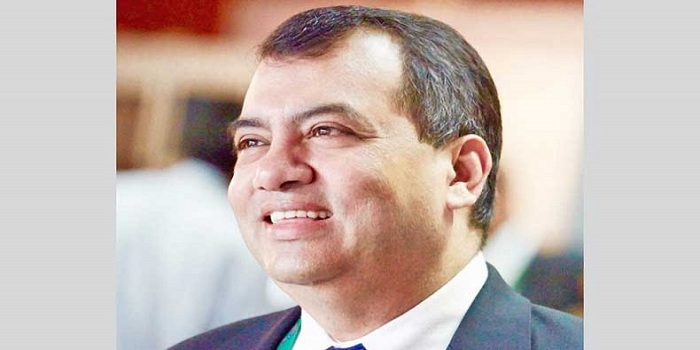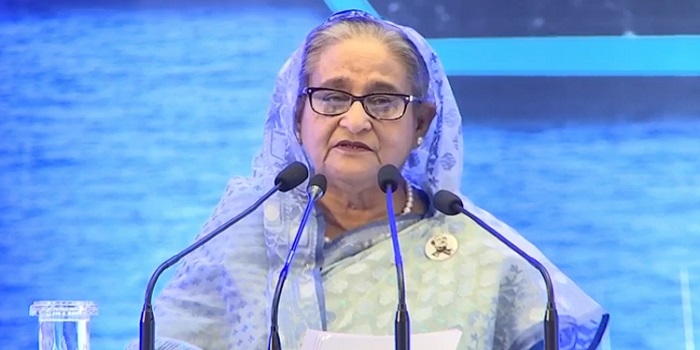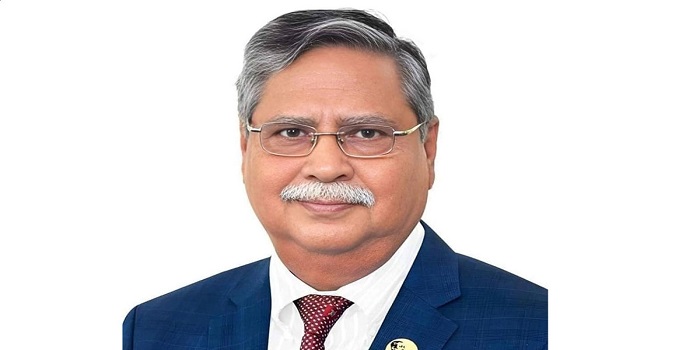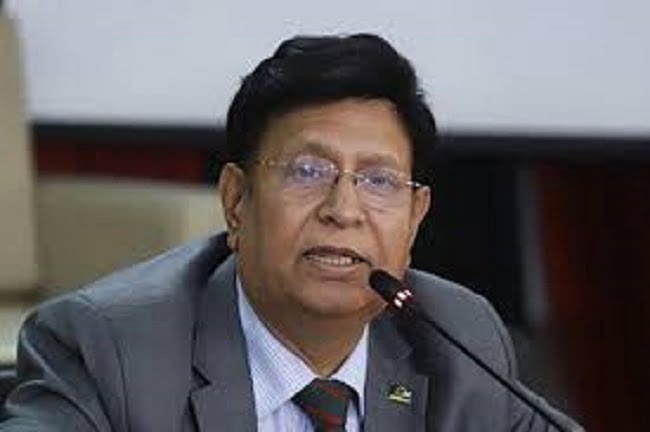PM seeks developed world’s enhanced role for quick recovery from pandemic
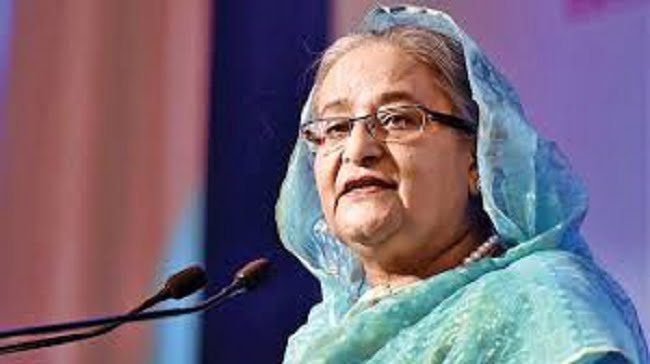
Prime Minister Sheikh Hasina today sought the developed world and the development partners’ enhanced role in attaining quick recovery from the Covid-19 pandemic as she placed a four-point proposal at the 77th Session of the UN-ESCAP, reports BSS.
While delivering her recorded statement aired in the 77th annual UN-ESCAP session, the premier simultaneously called for inclusive development approach, efficient policies and strategies on universal public health system from the Asia-Pacific region.
The three-day 77th session of the Economic and Social Commission for Asia and the Pacific (ESCAP) began virtually today under the theme – “Building back better from crises through regional cooperation in Asia and the Pacific.”
In her statement, Sheikh Hasina also urged the international community to remain focus on sustainable repatriation of the 1.1 million forcibly displaced Rohingyas and advocated for regional cooperation for shared prosperity.
“The developed world, development partners and international financial institutions (IFIs) should come forward in attaining quick recovery from the Covid pandemic,” she said in her first proposal.
The premier, secondly, said the development approach should be more inclusive, resilient and environment friendly to build back better from any crisis.
In her third proposal, Sheikh Hasina said the Asia-Pacific region should take efficient policies and strategies for a strengthened and universal public health system.
“We need to establish seamless connectivity in the areas of trade, transport, energy and ICT, science and technology,” she said in the fourth and final proposal.
While talking about the Rohingya issue, the premier mentioned that Bangladesh is hosting over 1.1 million forcefully-displaced Rohingyas from Myanmar.
“We urge the international community to remain focused on this issue for a viable solution through sustainable repatriation, ” she said.
Sheikh Hasina said that the Covid-19 pandemic has devastated the health systems and economies across the globe.
Noting that nearly 2.95 million people have died and hundreds more are dying every day of the deadly disease, she said that the pandemic has made many people poorer while many others are sliding back to poverty.
Highlighting her government’s measures to offset the onslaught of the Covid-19, the premier said: “We’ve announced stimulus packages worth about US$ 14.6 billion, around 4.44% of our GDP, for widening social protection, retaining jobs and bolstering the economy.”
She added: “Our latest Five Year Plan included strategies for recovery from Covid-19 and preparing Bangladesh for smooth and sustainable LDC graduation, achieving sustainable development goals (SDGs), and setting a trajectory towards a prosperous country by 2041.”
Sheikh Hasina said that the government has continued to move forward with environmental management.
“Adaptation efforts to climate change have been supported by programmes funded through the Bangladesh Climate Change Trust Fund,” she continued.
The prime minister said that Bangladesh sees regional cooperation as the most viable option for shared prosperity, saying,
“We’re engaged in SAARC (South Asian Association for Regional Cooperation), BIMSTEC (Bay of Bengal Initiative for Multi-Sectoral Technical and Economic Cooperation), BBIN (Bangladesh, Bhutan, India, Nepal), BCIM-EC (Bangladesh, China, India and Myanmar Economic Corridor) and Trilateral Highway initiatives,” she said.
Sheikh Hasina opined that ‘South-South Network for Public Service Innovation’ helps Bangladesh through partnership with other countries.
“We’re an ardent supporter of increased connectivity and ESCAP’s initiative of the Asian Highway and Trans-Asian Railway,” she said.
The premier pointed out that Bangladesh is also actively engaging with the Cross-border paperless Trade, Asia-Pacific Trade Agreement, PPP networking, renewable energy and other initiatives of UN-ESCAP.
“We’re committed to achieving Global Compact for Safe, Orderly and Regular Migration,” she said.
The ESCAP is one of the five regional commissions under the jurisdiction of the United Nations Economic and Social Council. It was established in order to increase economic activity in Asia and the Far East, as well as to foster economic relations between the region and other areas of the world.
The commission is composed of 53 member states and nine associate members, mostly from the Asia and Pacific regions.In addition to countries in Asia and the Pacific, the commission’s members includes France, the Netherlands, the United Kingdom and the United States.
President of the Islamic Republic of Afghanistan, Mohammad Ashraf Ghani,President of Azerbaijan, Ilham Aliyev, President of Indonesia, Joko Widodo, President of the Republic of Kiribati, Taneti Maamau, President of the Kyrgyz Republic, Sadyr Japarov, President of the Republic of the Marshall Islands,President of the Republic of the Marshall Islands, David Kabua, President of Mongolia, Battulga Khaltmaa, President of the Republic of Tajikistan, Emomali Rahmon, and Prime Minister of Tuvalu, and Chair of the Pacific Islands Forum, Kausea Natano, virtually spoke at the function.
Opening remarks were made earlier by Secretary-General of the United Nations, António Guterres,Prime Minister of Thailand, General Prayut Chan-o-cha (Ret), Under-Secretary-General of the United Nations and Executive Secretary of ESCAP, Armida Salsiah Alisjahbana, President of the 75th session of the United Nations General Assembly, Volkan Bozkir, President of the Economic and Social Council, Munir Akram.
Prime Minister of the Kingdom of Bhutan Dr. Lotay Tshering, Prime Minister of the Kingdom of Cambodia, Samdech Akka Moha Sena Padei Techo Hun Sen, Prime Minister of the Republic of Fiji, Josaia Voreqe Bainimarama, Prime Minister of the Islamic Republic of Pakistan, Imran Khan, Prime Minister of the Democratic Socialist Republic of Sri Lanka,Mahinda Rajapaksa, Prime Minister of the Republic of Uzbekistan, and Abdulla Aripov, are scheduled to address the opening session virtually.



